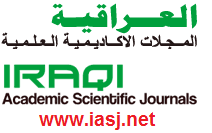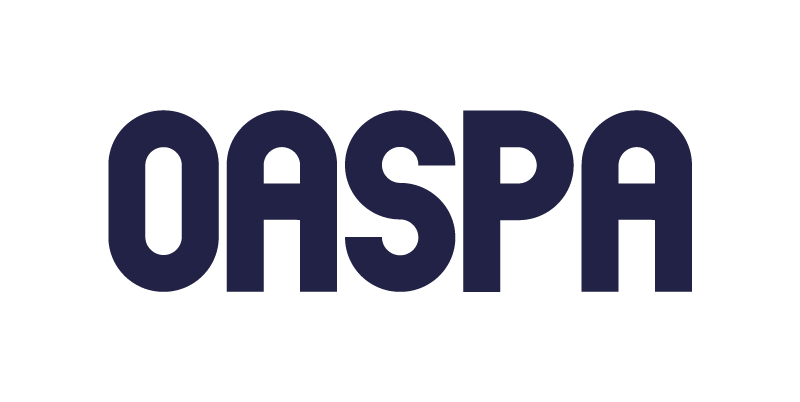Biotreatment Technique to Treat Oil Wells Drilling Waste
DOI:
https://doi.org/10.31699/IJCPE.2007.3.7Keywords:
oil wells, drilling waste, biotreatment, fungalAbstract
The minimization, treatment and disposal of drilling wastes especially oily wastes are important environmental issues.
In this research two fungal isolates named Pleurotus ostreatus and Trichoderma harzianum were chosen carefully f or the purpose of biotreatment of oily drilled cuttings which resulting from drilling oil wells using oil based muds (OBMs).
A relationship of total petroleum hydrocarbon degradation in oily drilled cuttings with time has been obtained. The results showed that Pleurotus ostreatus and Trichoderma harzianum can be considered hydrocarbon degrading microorganisms and the used biotreatment is cost effective process since most of the materials used in the cultivation and growth of the present fungi were available and cheap agricultural wastes.
The best hydrocarbon degradation was observed in case of using both fungi together with 5 % by weight microorganisms concentration ratio (MCR) and with the same ratio of nufrients expressed as CIN/P equal to 100150110 nutrients components ratio which gave average total petroleum hydrocarbon degradation of about 205 ppm per day.
Downloads
Published
Issue
Section
License

This work is licensed under a Creative Commons Attribution-NonCommercial 4.0 International License.












